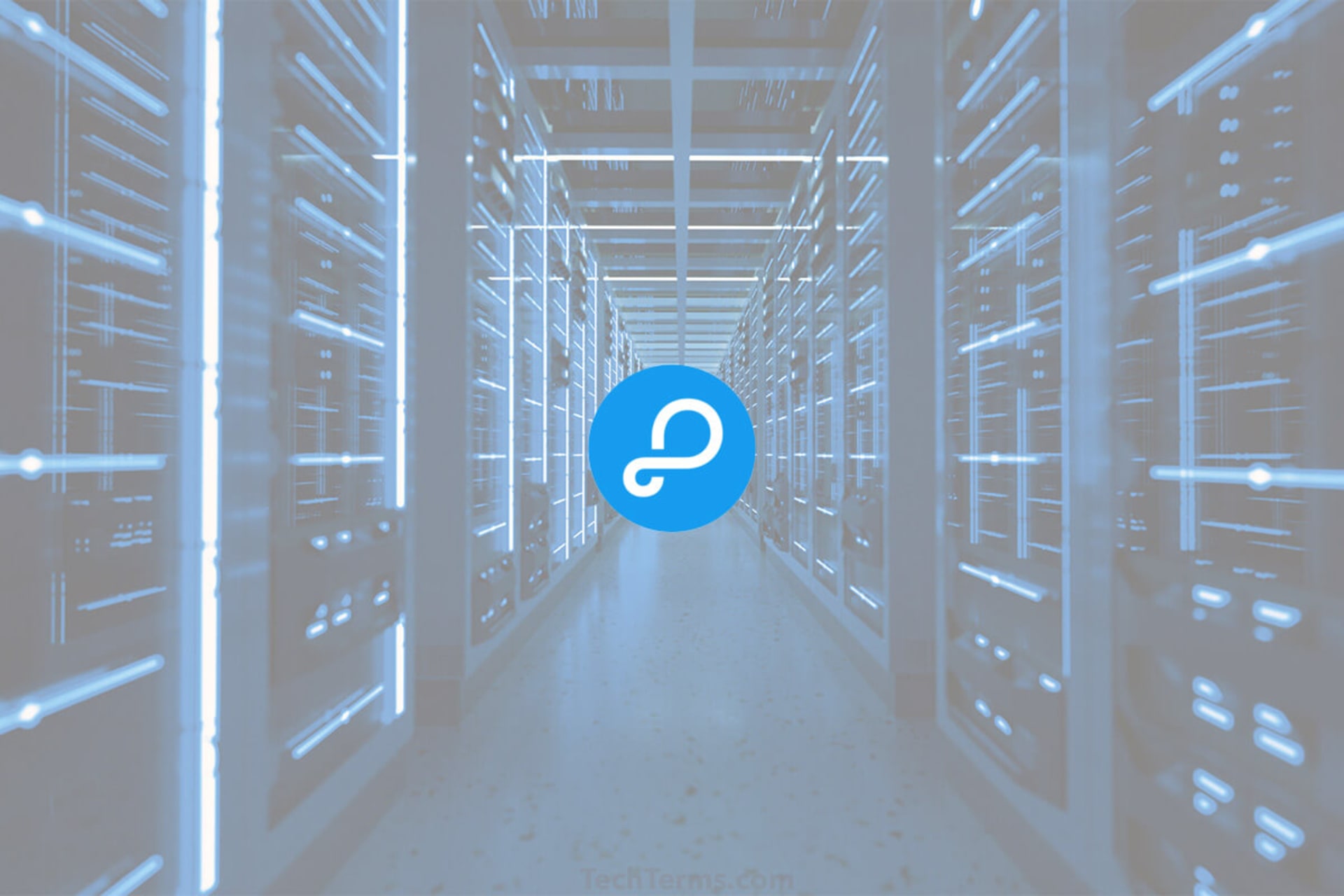Parse Server is an open-source backend that runs Node.js and works with the Express web application framework. To truly understand what Parse Server does, you must first understand what backend as a service (BaaS) is.
BaaS is a means to provide web and mobile developers with a comprehensive means to connect an application to backend cloud storage and APIs that make it possible to communicate to other services. BaaS provides features like user management, authentication, push notifications, social networking integration, and data analysis (which is often crucial for developing successful mobile applications).
The problem with mobile application development is that creating the backend portion of the service can be very difficult and time-consuming. With BaaS, you mitigate those challenges and make it considerably easier for your developers to concentrate on developing the app itself (instead of having to also build the backend). In other words, BaaS makes it possible to use a framework for the backend side of things. With BaaS in place, your mobile app developers can focus almost entirely on frontend development.
Imagine how much can get done if your developers only have to focus on one side of things. Every business should strive to simplify the development life cycle in any way they can.
That’s where Parse Server comes in. Almost every modern app (especially mobile and web apps), depends on the ability to store data. That data lives in the backend and is in constant communication with the apps it serves. Parse Server makes this so much easier to deploy and manage.
Parse began development in 2011 and was accelerated by Y Combination. In November of that year, Parse received a Series A investment, and in 2013, Facebook purchased Parse for $85 million.
It didn’t take long for an open-source version of Parse to arrive on the scene. That open-source iteration is called Parse Server and was originally released in 2016. One of the biggest differences between Parse and Parse Server (besides being open source) is that Parse Server allows developers to run the service (and therefore develop) on their local machine.
Because Parse Server is open source, a global community of developers has helped to extend the feature set of the framework, even making it possible to host applications locally (such as on your data center or a third-party cloud provider) or globally (via services like Back4App or Firebase). So, whether you want to host a smaller app on your local network (or on a per-system basis) or a larger, highly scalable app deployed to the population at large, Parse Server has you covered.
Parse Server uses either MongoDB or PostgreSQL to house data, can be deployed on your own infrastructure, and allows your developers to test apps locally using Node.js. Developers can even work with Parse Server on their own systems, for an even more efficient software development life cycle. Developers can easily get Parse Server up and running with a few quick commands:
sh <(curl -fsSL https://raw.githubusercontent.com/parse-community/parse-server/master/bootstrap.sh)
npm install -g mongodb-runner
mongodb-runner start
npm start
To help you get started with Parse Server, you should definitely check out the Parse Serve GitHub page.
When Should Your Company Use Parse?
Mobile backend as a service (MBaaS) companies come and go. For example, Telerik was one such company that offered MBaaS for mobile development. Out of nowhere, Telerik decided to drop their MBaaS offering, leaving their clients in the lurch.
That’s a very common situation with proprietary software. Such things don’t happen with open-source software. Although a project might be abandoned, the source is always available, so even if the maintainers of Parse Server were to leave the project behind, anyone could come by and fork it to keep it alive.
So, if your developers depend on BaaS and you’re afraid to depend on the closed-source version of Parse, Parse Server is the ideal option.
But the main reason your company should adopt Parse Server is to simplify the software development life cycle of mobile and web apps. Because your developers won’t have to also spend time developing the backend, the process will be far more efficient.
Advantages and Disadvantages of Using Parse
Parse Server Is Mature
The Parse Server team has put in considerable time to develop a product that has reached a level of maturity that makes it ideal for projects of all sizes. Even enterprise businesses can depend on this BaaS framework. This maturity brings along with it considerable reliability, which makes it possible to scale your applications without worrying the backend will come crashing down.
No Need To Write APIs
When using Parse Server, your developers can skip the complicated process of developing the back end and won’t have to worry about writing or rewriting APIs.
It’s Easy
When using Parse Server, the learning curve for mobile and web app development is significantly lower. That means your developers will not only be able to concentrate their efforts on the frontend, but they’ll also be able to develop and release more apps faster. The added benefit of this is that it will save your company money.
That’s a win-win all around.
Conclusion
This should be a no-brainer. If your company is looking to add mobile and/or web apps into the mix, you should seriously consider lightening the load of your developers by adding BaaS. By stripping away the need for your developers to build both the front- and backends of an app, they can work smarter and more efficiently. Who doesn’t want that?






